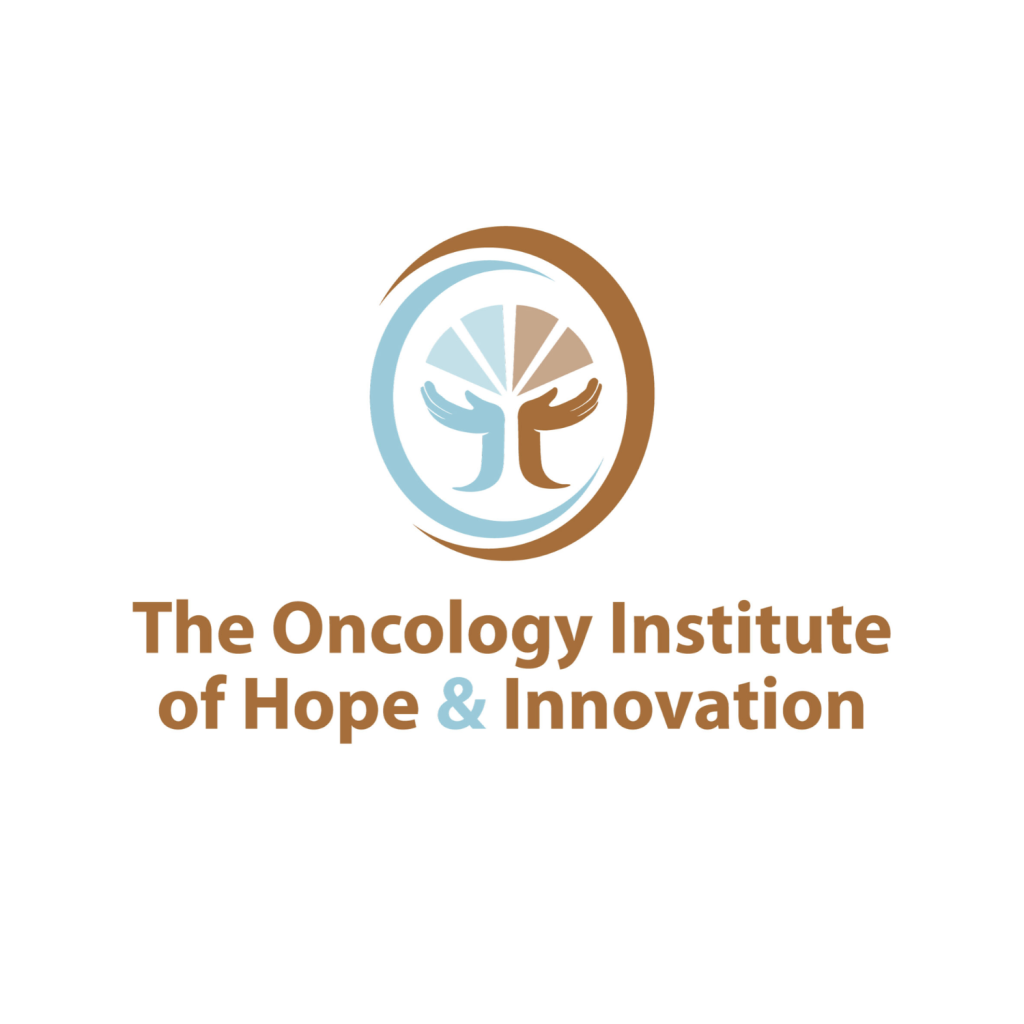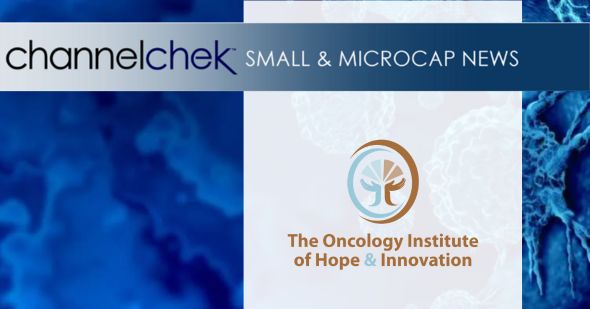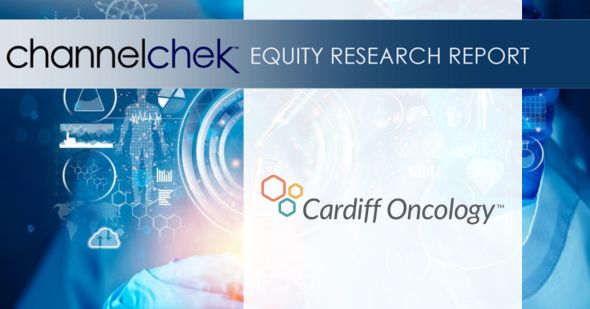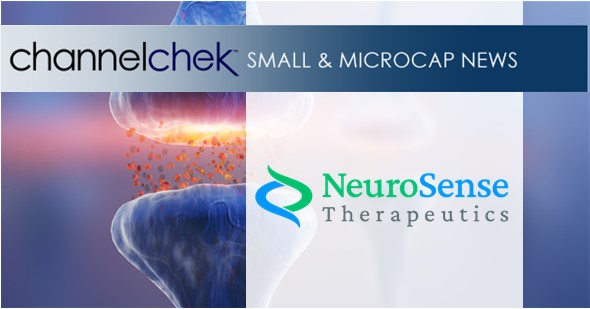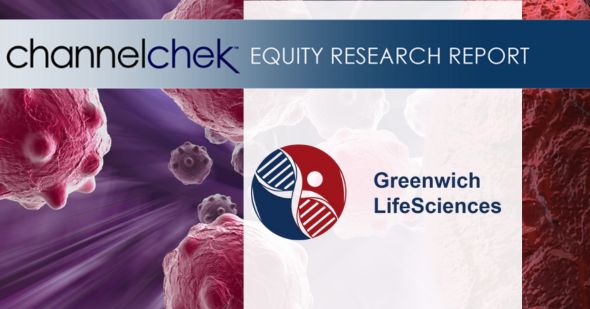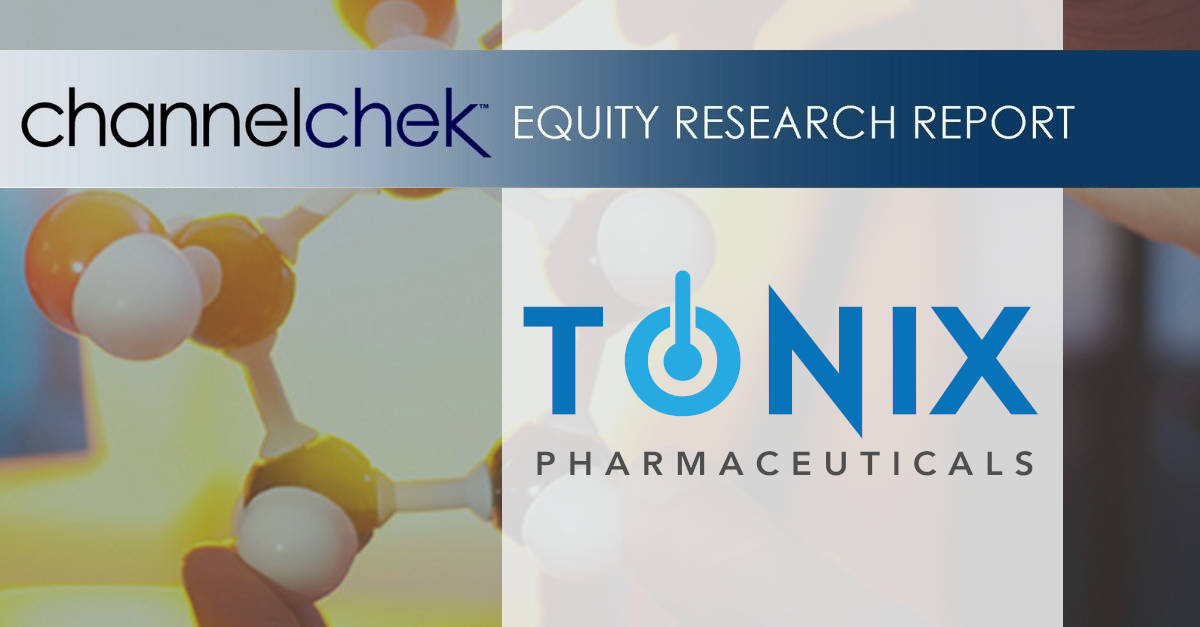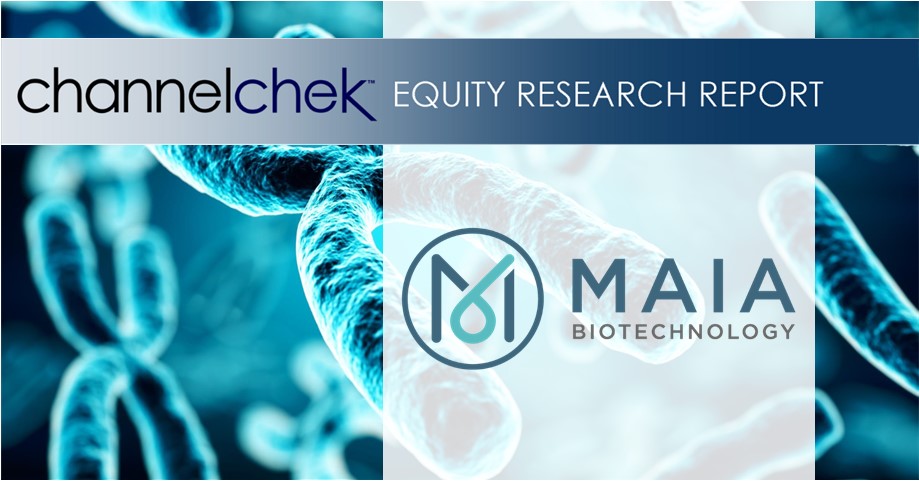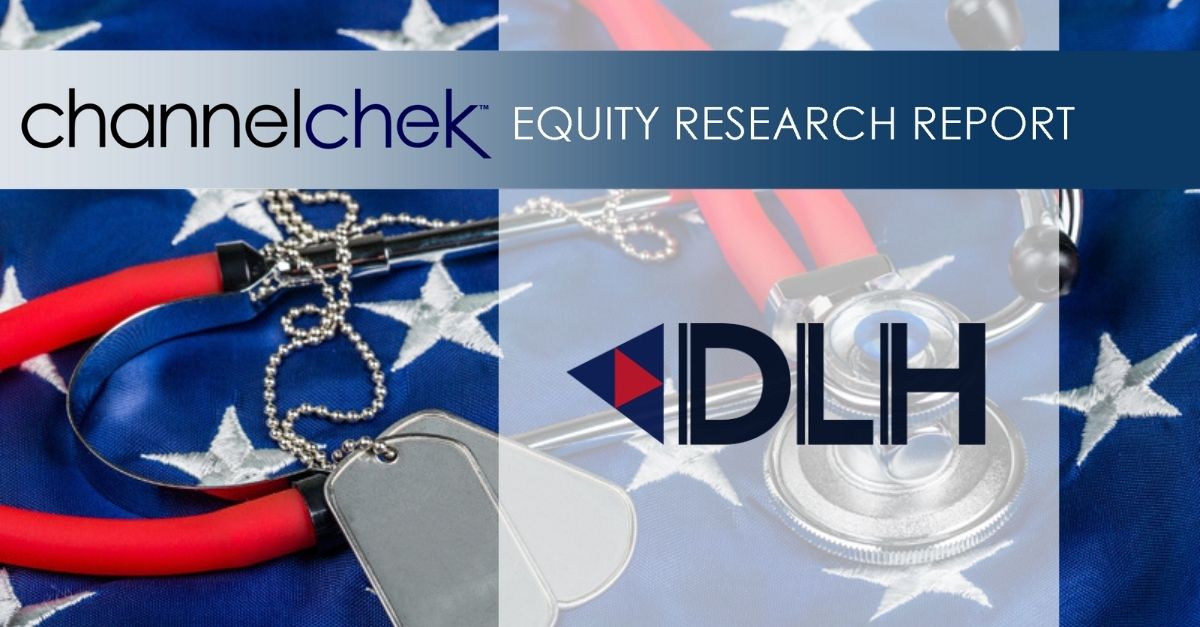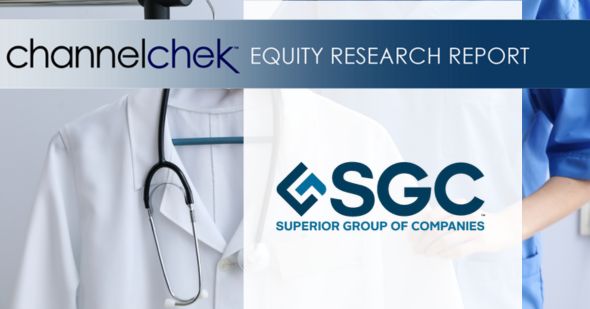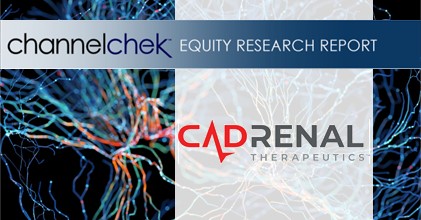CAMBRIDGE, Mass., Dec. 22, 2025 /PRNewswire/ — NeuroSense Therapeutics Ltd. (NASDAQ: NRSN) (“NeuroSense”), a late-clinical stage biotechnology company developing novel treatments for severe neurodegenerative diseases, today reported completion of the safety analysis from its proof-of-concept Phase 2, randomized, double-blind, placebo-controlled NST-AD-001 study of PrimeC combination in Alzheimer’s disease.
The safety analysis indicated a favorable tolerability profile for PrimeC. No serious adverse events were reported, and no new or unexpected safety signals were identified.
As an exploratory proof-of-concept study, clinical outcome measures are descriptive by design. NeuroSense will analyze clinical observations alongside biomarker data to enable a more comprehensive interpretation of the clinical observations, with results expected in the first quarter of 2026.
About Alzheimer’s Disease
Alzheimer’s disease (AD) is a progressive neurodegenerative disorder and the leading cause of dementia worldwide, affecting more than 30 million people globally. AD is characterized by memory loss, cognitive decline, and behavioral changes, and currently has no cure. Existing therapies provide only limited symptomatic relief, leaving a significant unmet need for disease-modifying treatments that can slow or halt progression. Given the complexity of AD, approaches that target multiple disease mechanisms simultaneously, such as PrimeC, hold potential to deliver meaningful therapeutic advances for patients and their families.
About PrimeC
PrimeC, NeuroSense’s lead drug candidate, is a novel extended-release oral formulation composed of a unique fixed-dose combination of two FDA-approved drugs: ciprofloxacin and celecoxib. PrimeC is designed to synergistically target several key mechanisms of ALS and AD, that contribute to neuron degeneration, inflammation, iron accumulation and impaired ribonucleic acid (“RNA”) regulation to potentially inhibit the progression of ALS and AD.
About NeuroSense
NeuroSense Therapeutics, Ltd. is a clinical-stage biotechnology company focused on discovering and developing treatments for patients suffering from debilitating neurodegenerative diseases. NeuroSense believes that these diseases, which include amyotrophic lateral sclerosis (ALS), Alzheimer’s disease and Parkinson’s disease, among others, represent one of the most significant unmet medical needs of our time, with limited effective therapeutic options available for patients to date. Due to the complexity of neurodegenerative diseases and based on strong scientific research on a large panel of related biomarkers, NeuroSense’s strategy is to develop combined therapies targeting multiple pathways associated with these diseases.
For additional information, we invite you to visit our website and follow us on LinkedIn, YouTube and X. Information that may be important to investors may be routinely posted on our website and these social media channels.
Forward-Looking Statements
This press release contains “forward-looking statements” that are subject to substantial risks and uncertainties. All statements, other than statements of historical fact, contained in this press release are forward-looking statements. Forward-looking statements contained in this press release may be identified by the use of words such as “anticipate,” “believe,” “contemplate,” “could,” “estimate,” “expect,” “intend,” “seek,” “may,” “might,” “plan,” “potential,” “predict,” “project,” “target,” “aim,” “should,” “will” “would,” or the negative of these words or other similar expressions, although not all forward-looking statements contain these words. Forward-looking statements are based on NeuroSense Therapeutics’ current expectations and are subject to inherent uncertainties, risks and assumptions that are difficult to predict and include statements regarding the timing of regulatory filings, meetings and regulatory decisions. Further, certain forward-looking statements, including statements regarding the timing of the reporting of additional data from the study of PrimeC in Alzheimer’s disease, are based on assumptions as to future events that may not prove to be accurate. The future events and trends may not occur and actual results could differ materially and adversely from those anticipated or implied in the forward looking statements. These risks include the uncertainty regarding outcomes and the timing of current and future clinical trials; timing for reporting data, including from the study of PrimeC in Alzheimer’s disease; that the study will not be successful; the ability of NeuroSense to remain listed on Nasdaq; and other risks and uncertainties set forth in NeuroSense’s filings with the Securities and Exchange Commission (SEC). You should not rely on these statements as representing our views in the future. More information about the risks and uncertainties affecting NeuroSense is contained under the heading “Risk Factors” in the Annual Report on Form 20-F filed with the Securities and Exchange Commission on April 7, 2025 and NeuroSense’s subsequent filings with the SEC. Forward-looking statements contained in this announcement are made as of this date, and NeuroSense undertakes no duty to update such information except as required under applicable law.
Logo: https://mma.prnewswire.com/media/1707291/NeuroSense_Therapeutics_Logo.jpg
SOURCE NeuroSense
